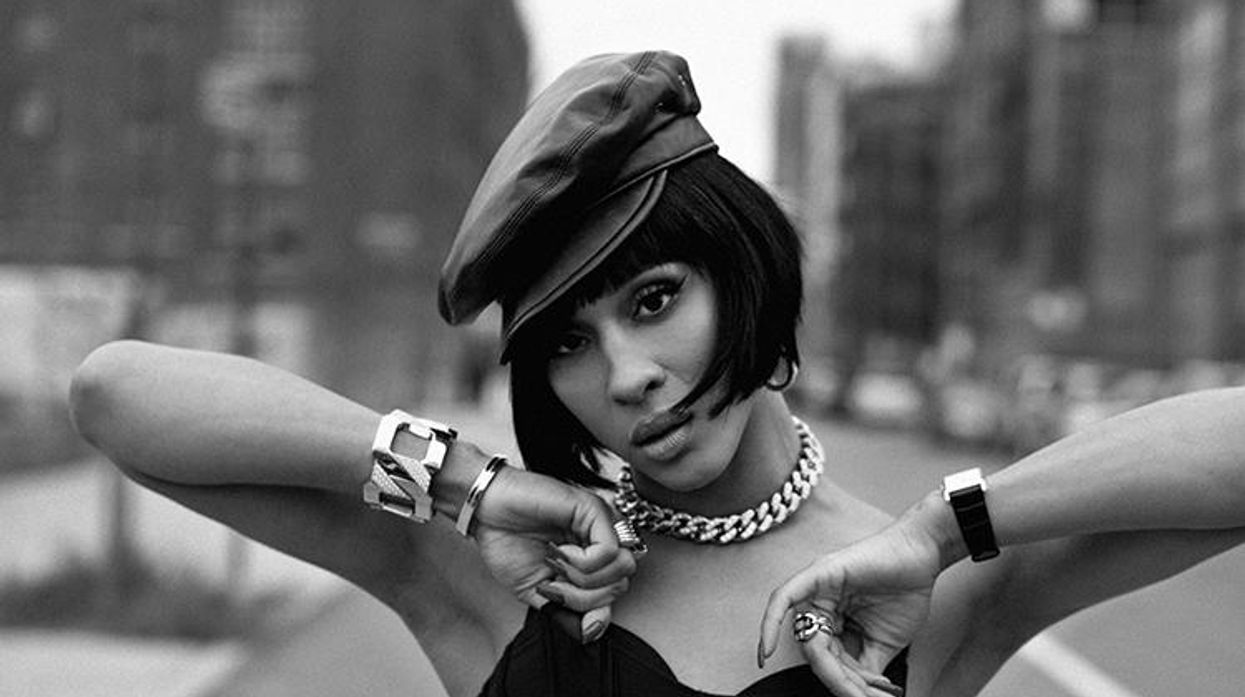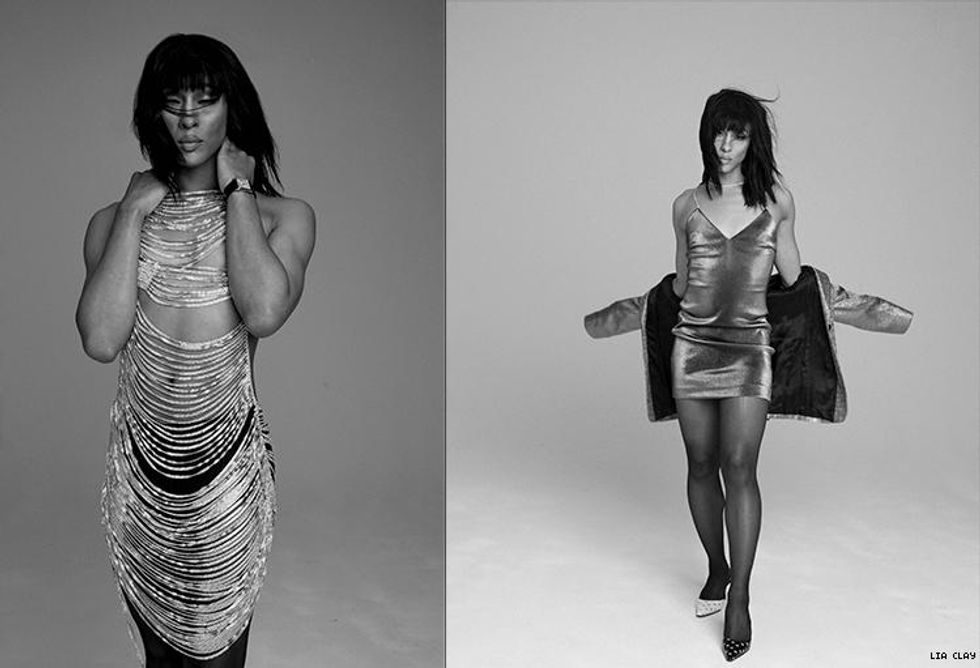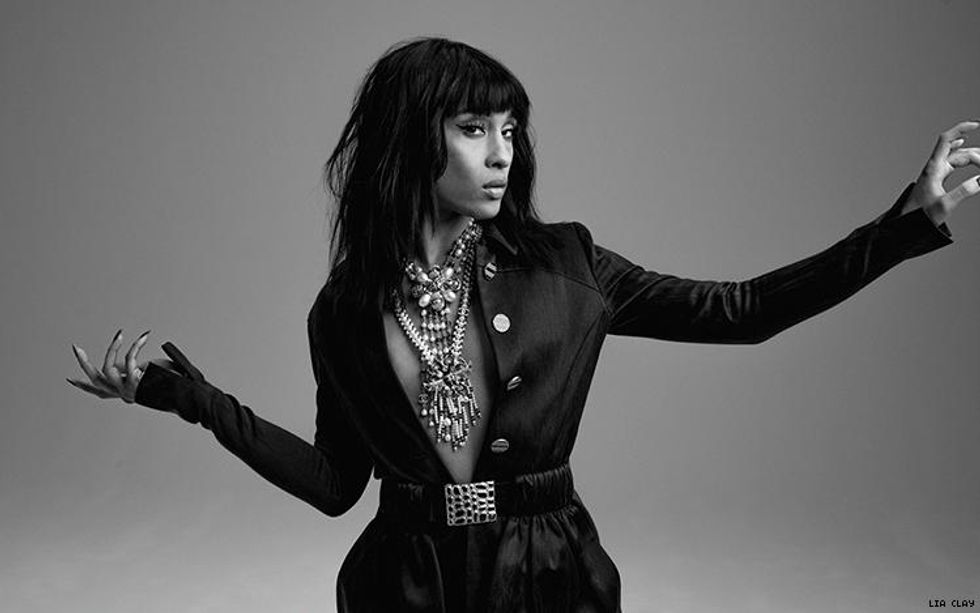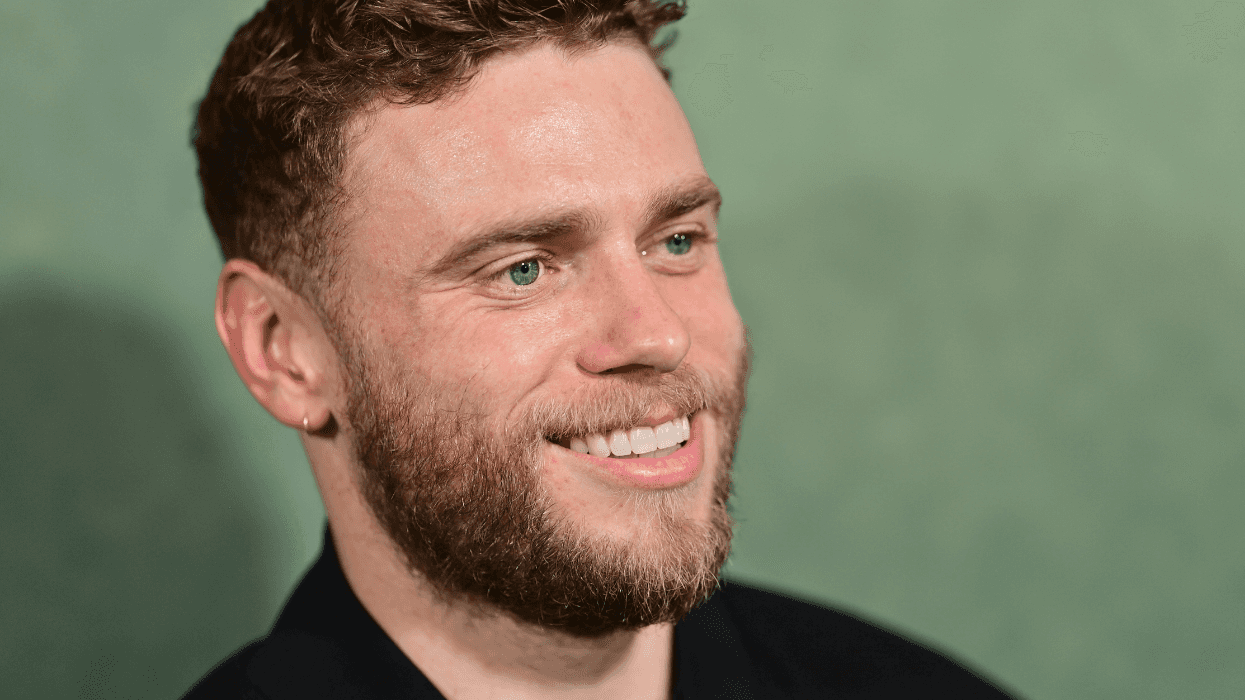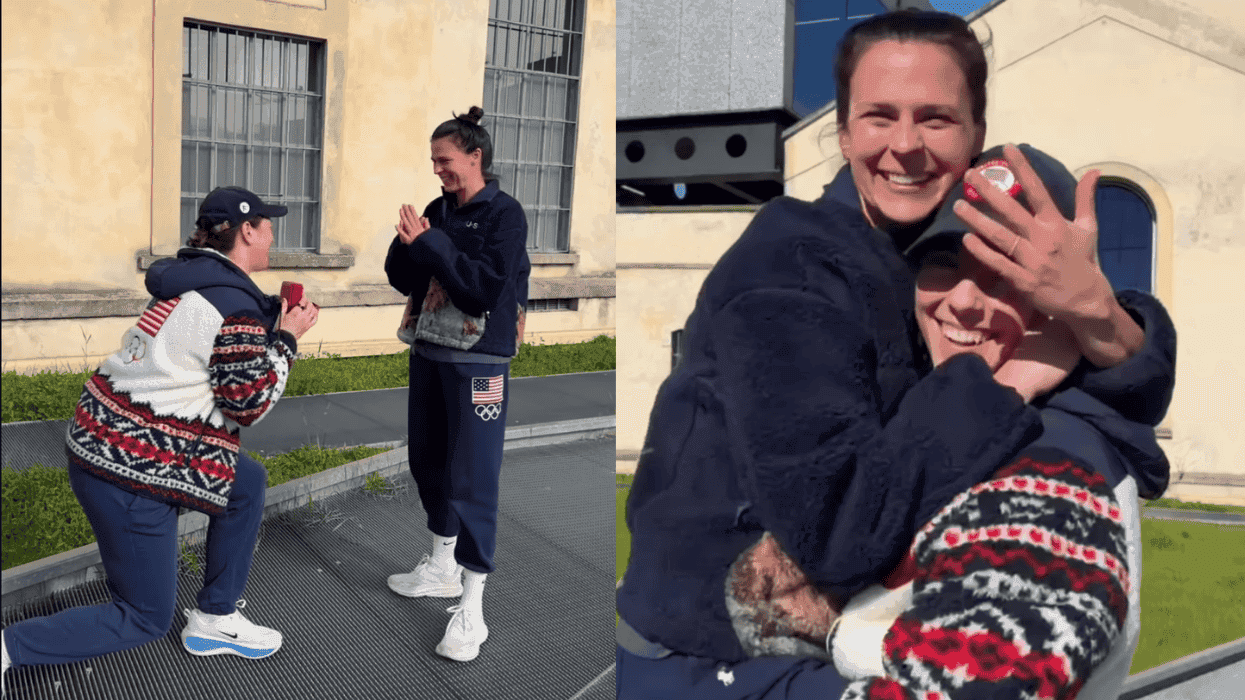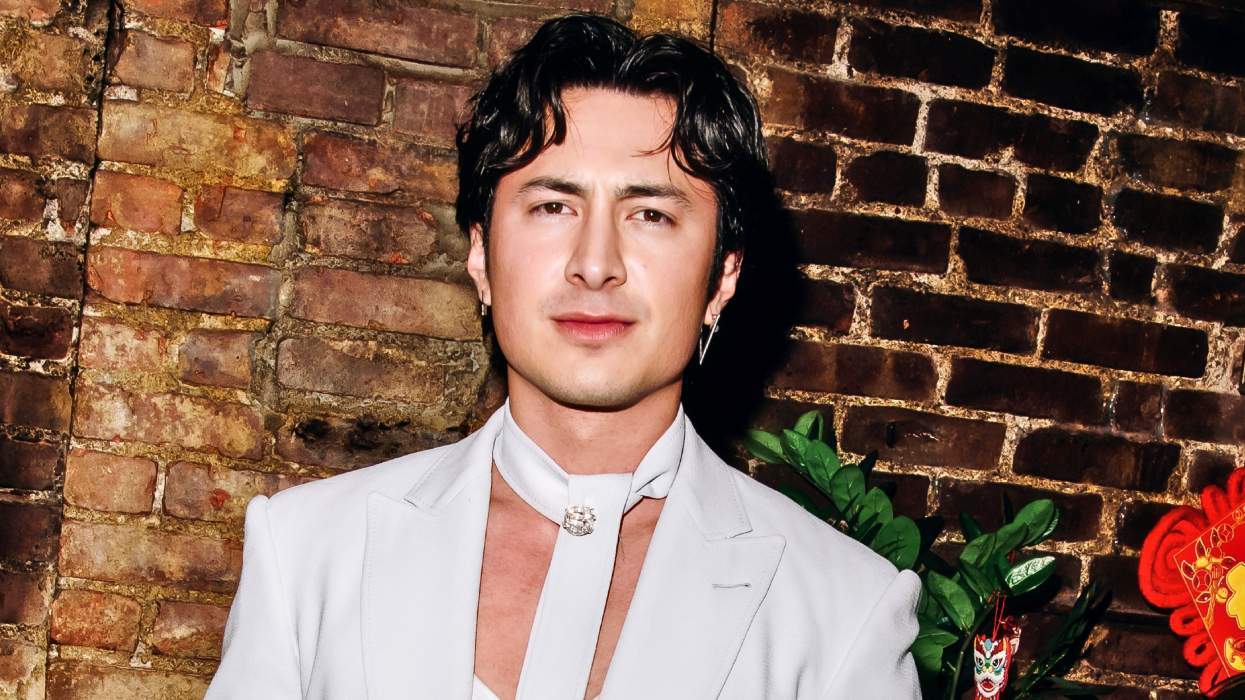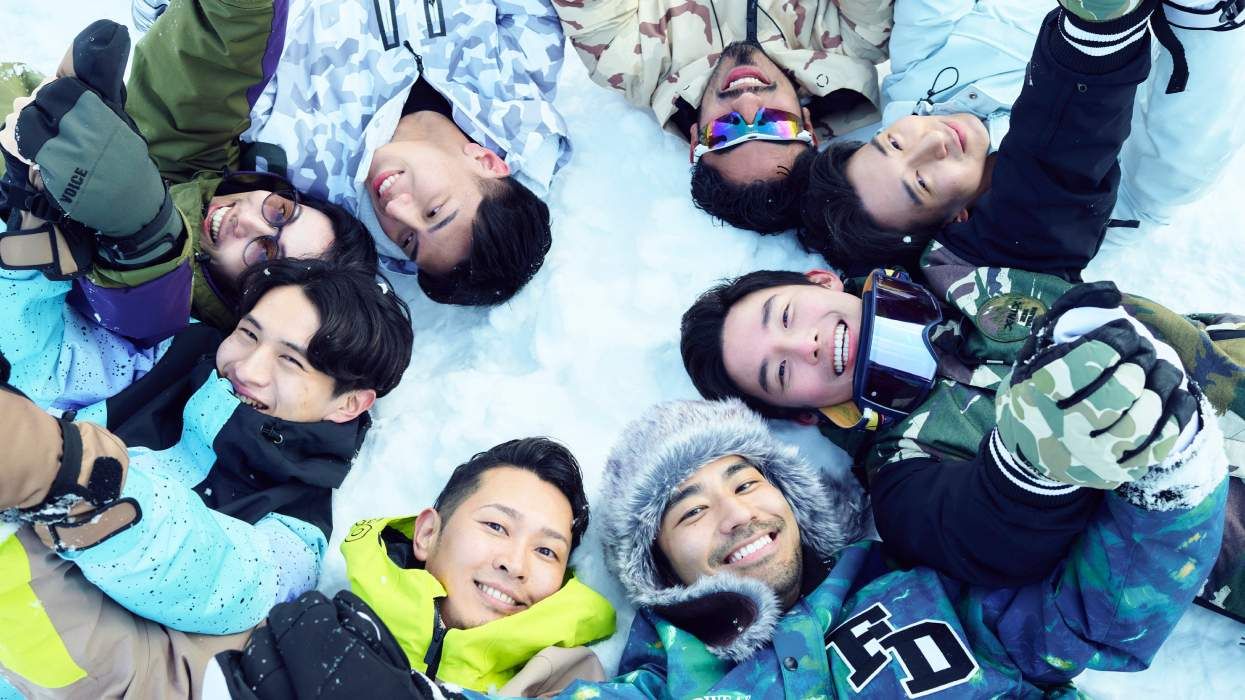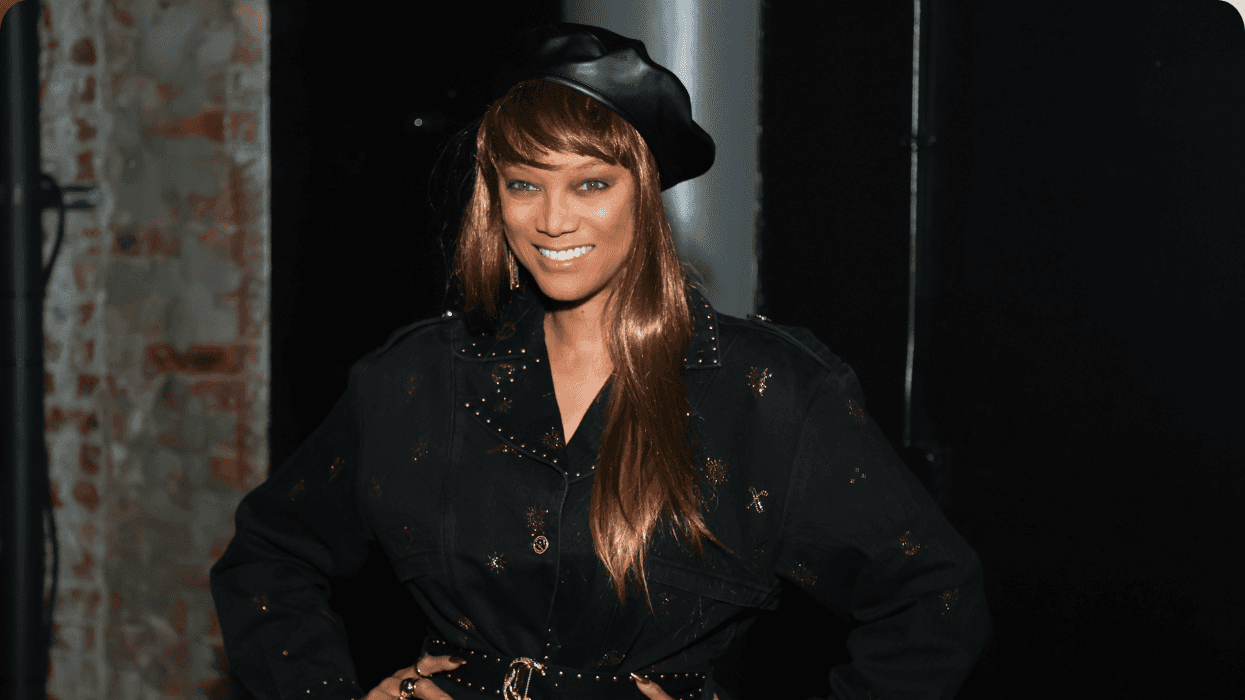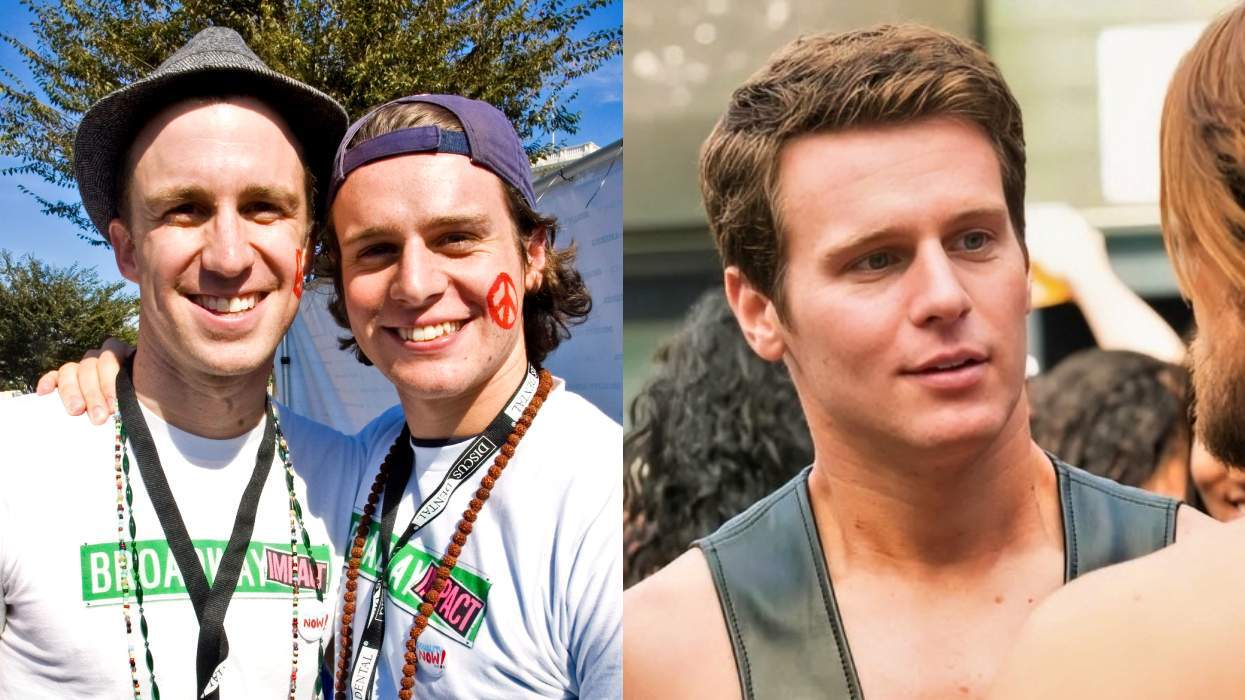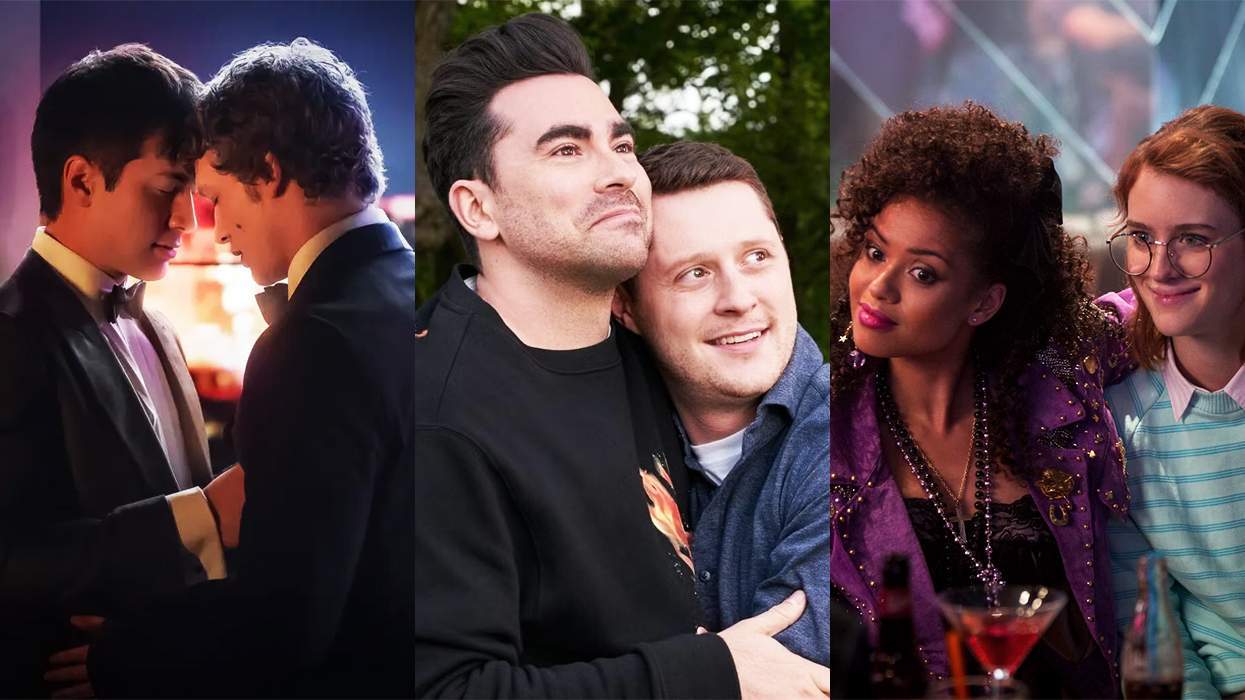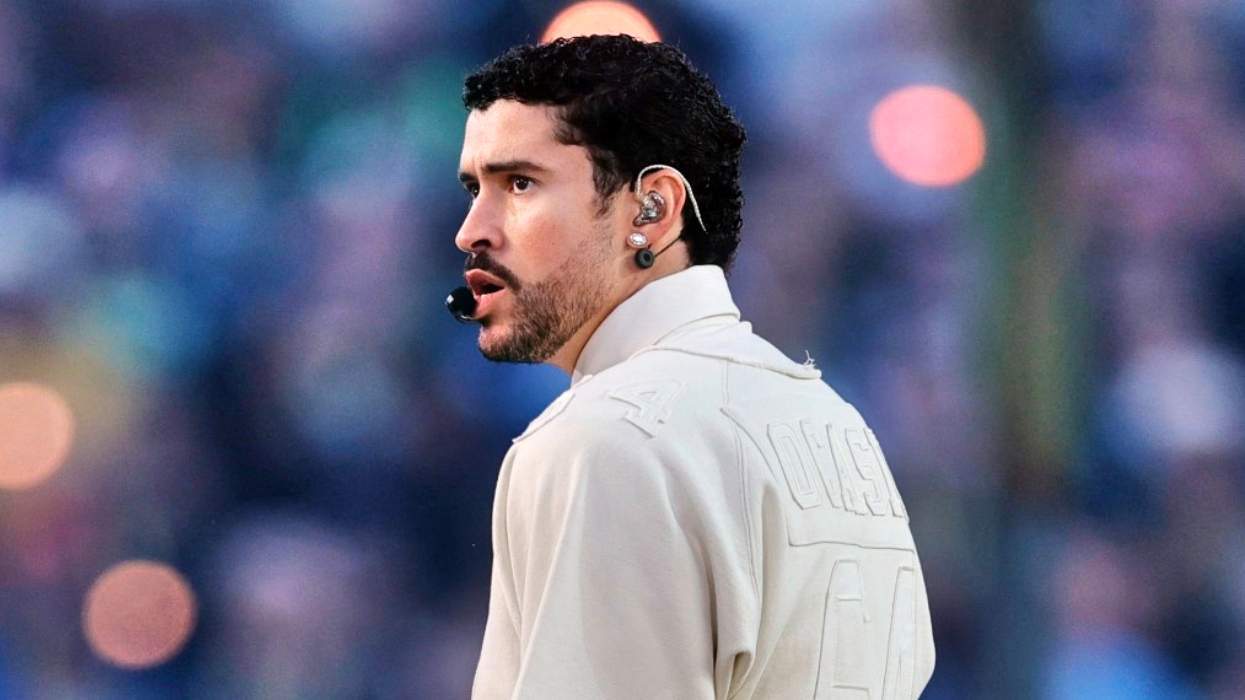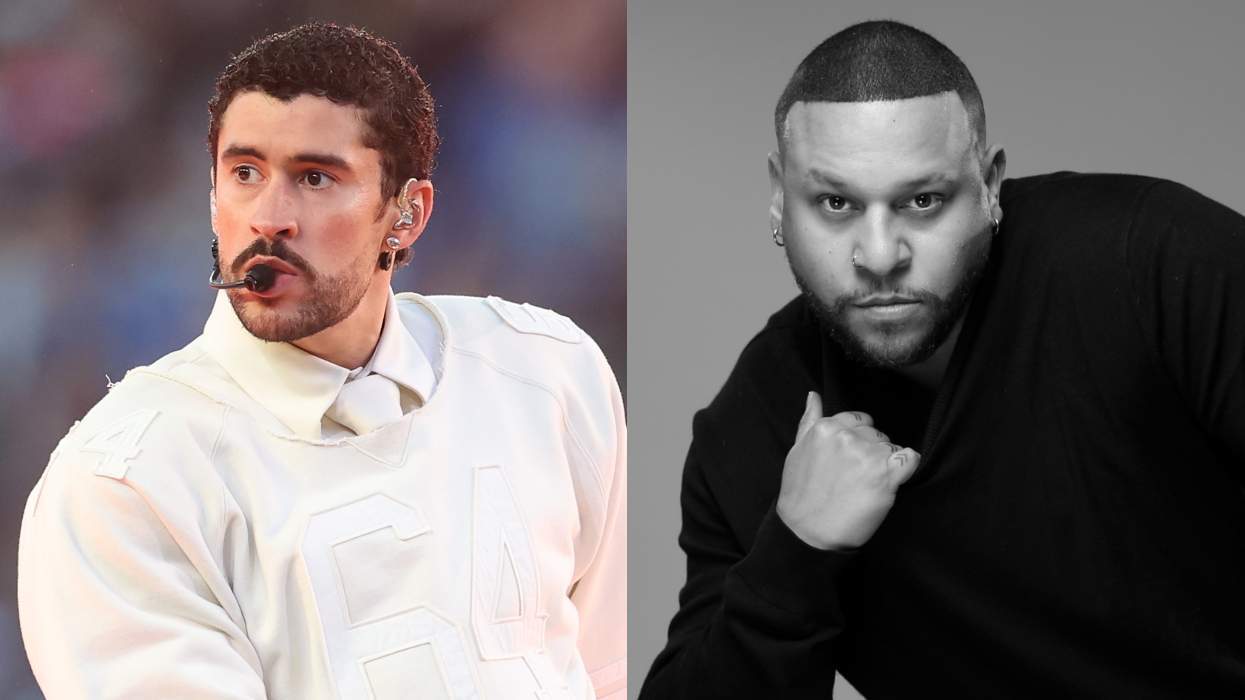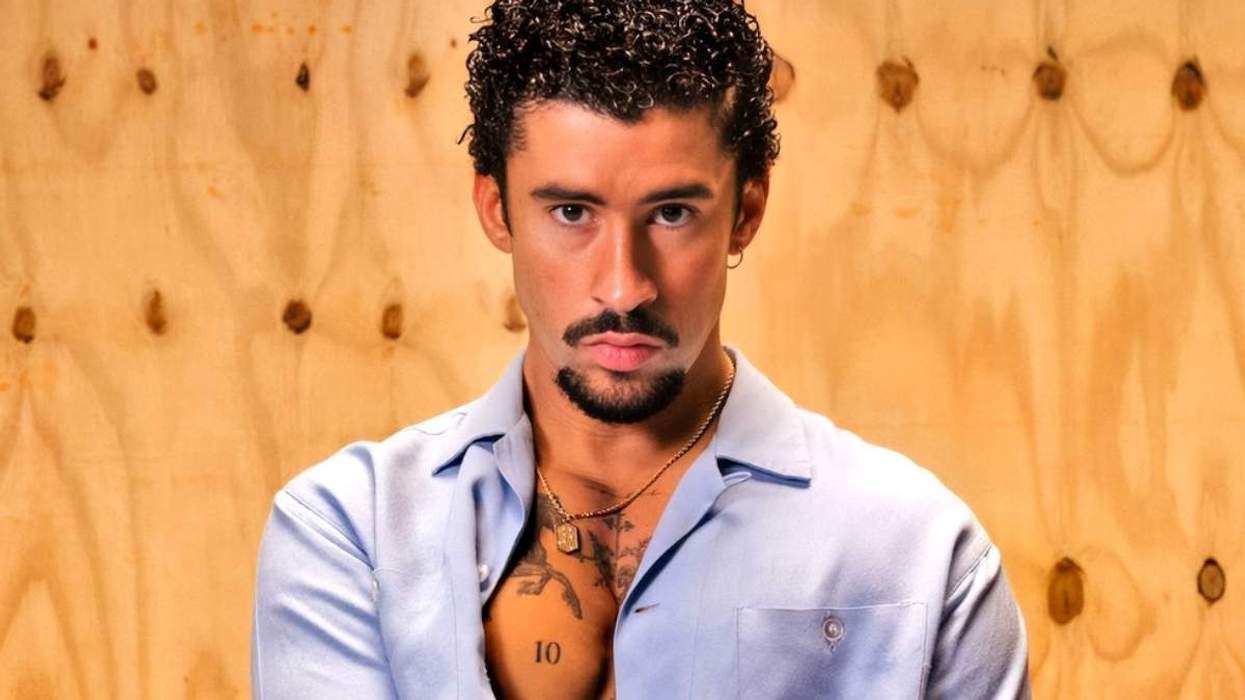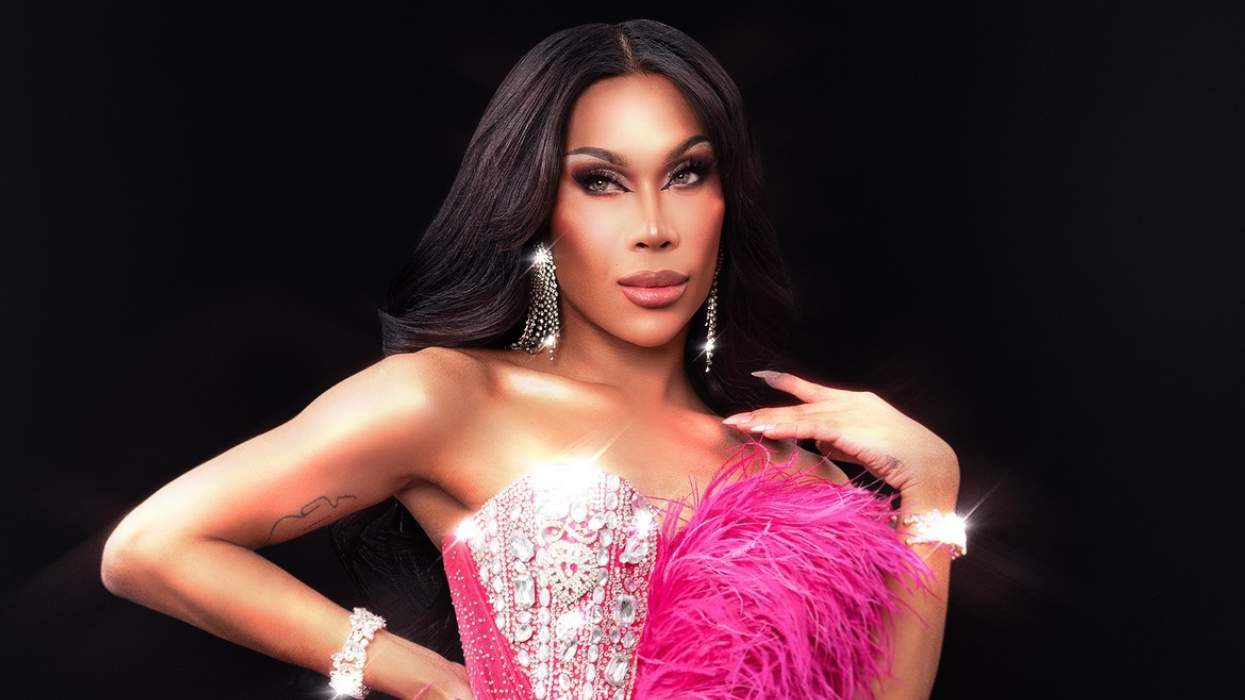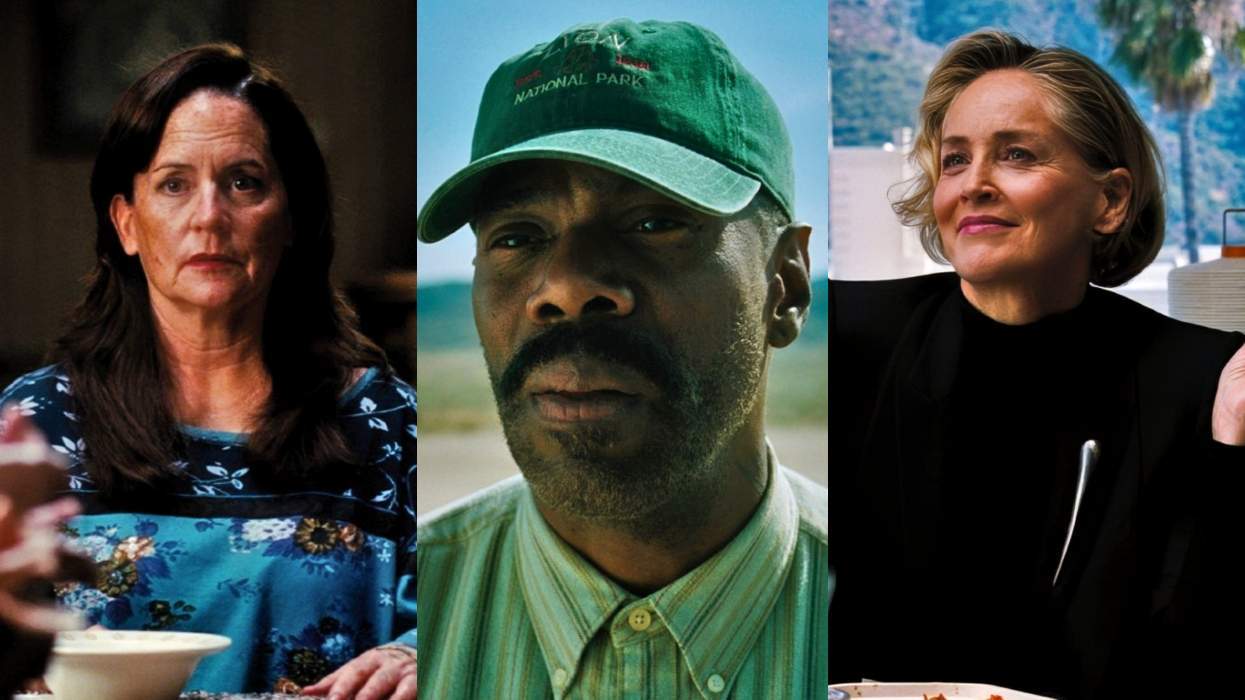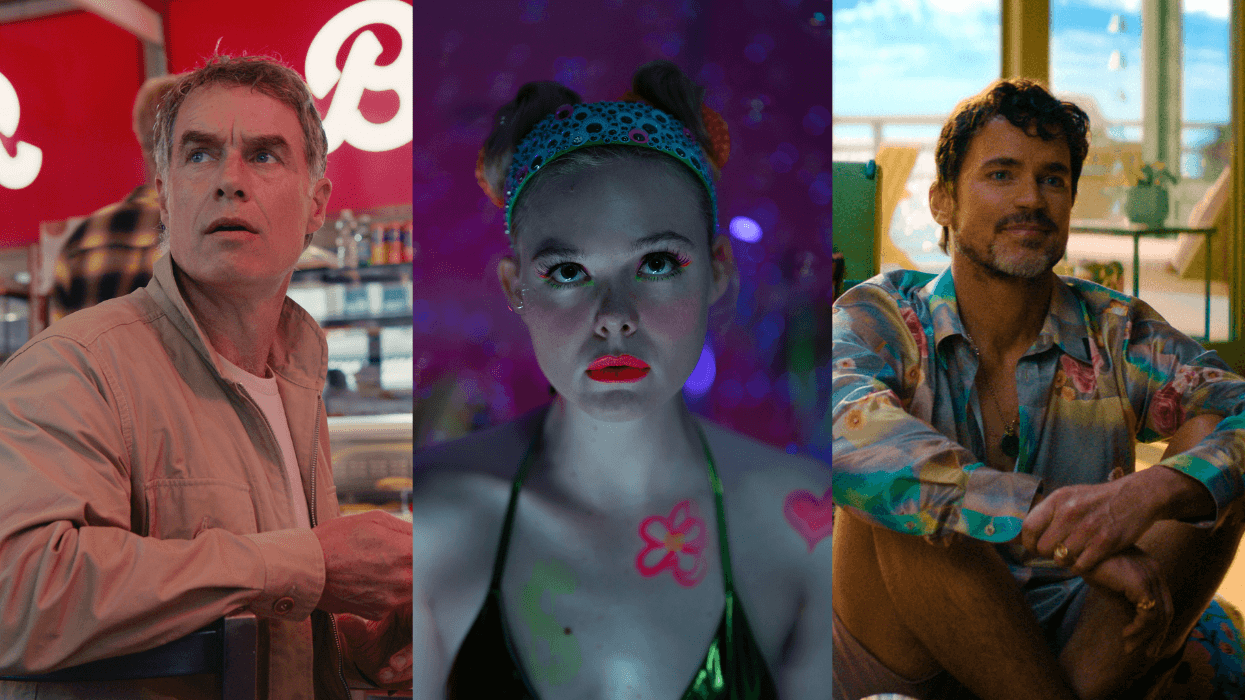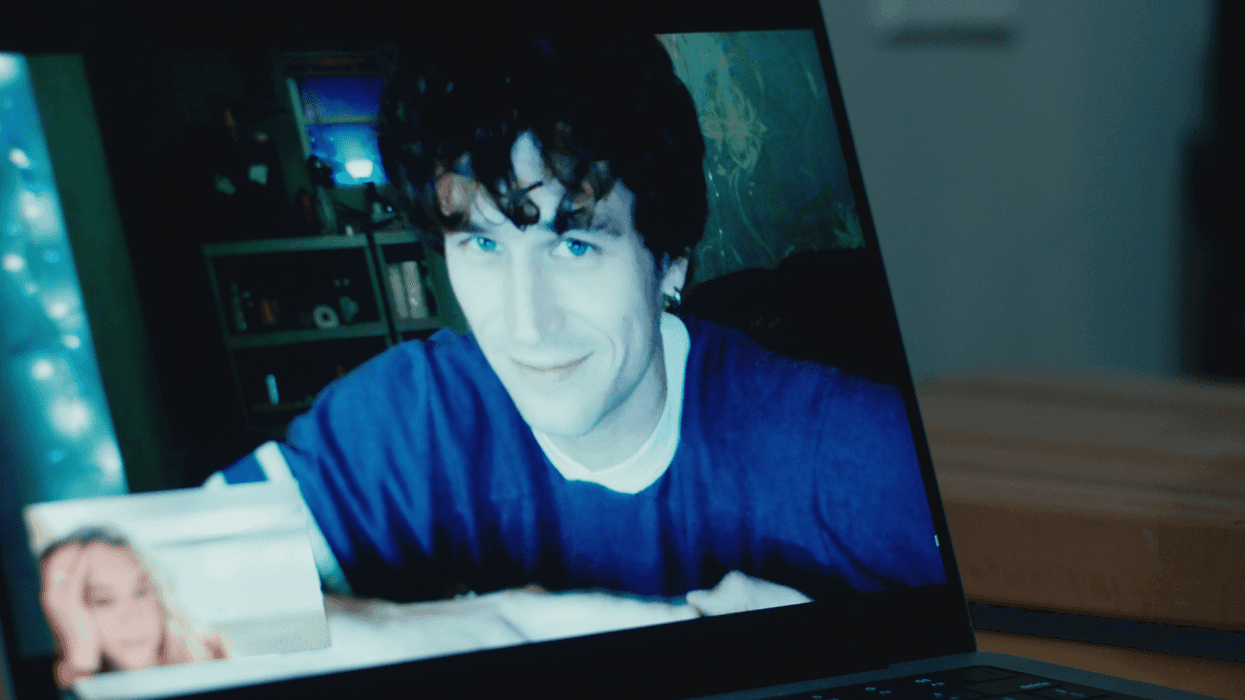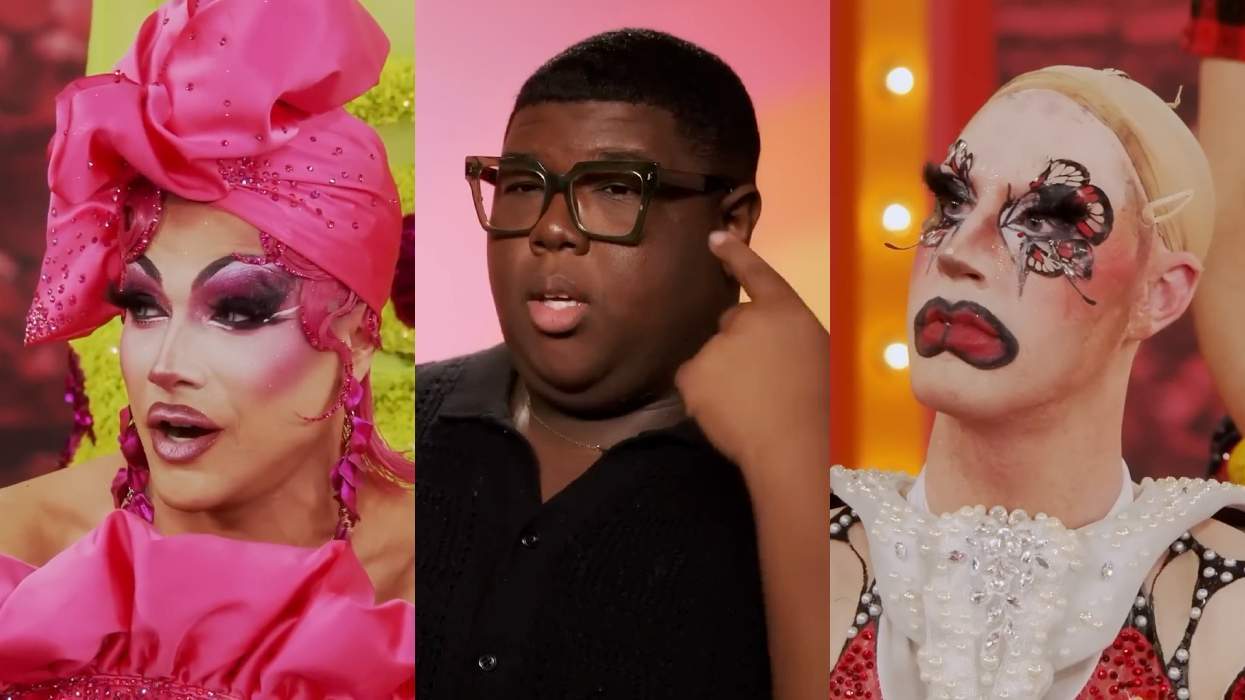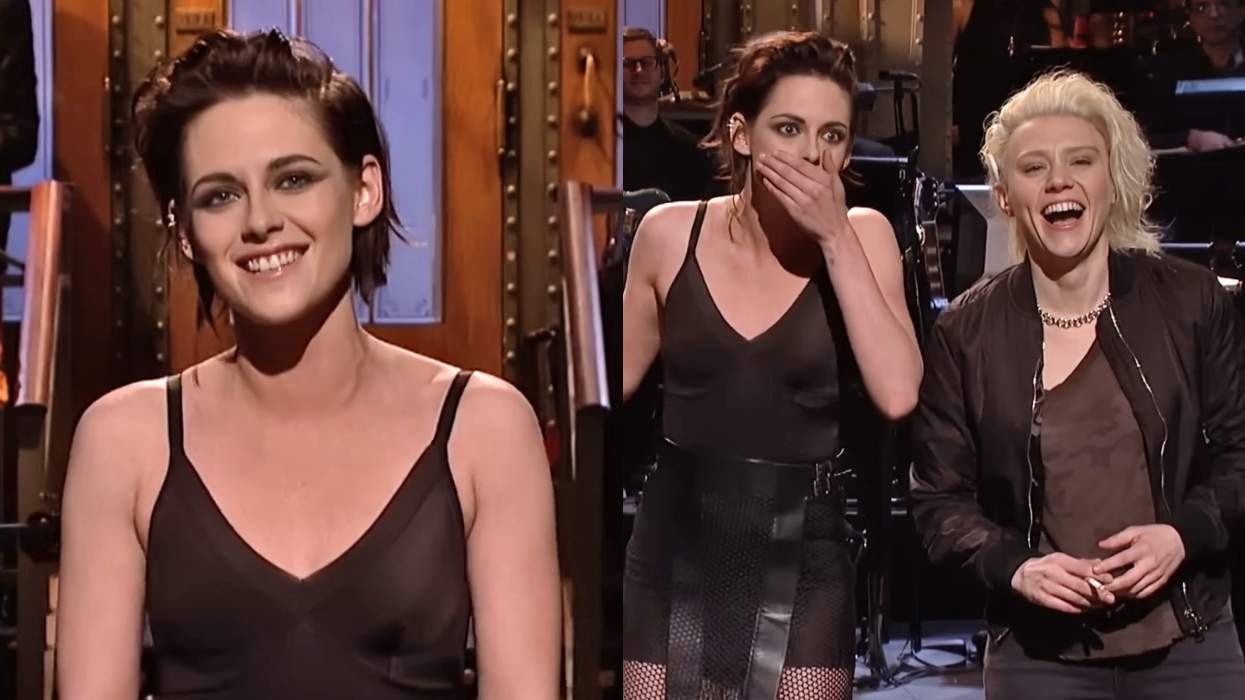In the first episode of the Pose's first season, the script initially centers on Damon, portrayed by Ryan Jamaal-Swain, who is kicked out of his house by his parents and eventually adopted by Blanca Evangelista -- portrayed by Mj Rodriguez -- a tenacious young house mother hoping to secure her legacy after splitting from Elektra Abundance (Dominique Jackson).
So when Rodriguez walked in for her audition with Ryan Murphy, the show's prolific creator, she prepared the monologue that would become the most pivotal of the pilot: Blanca, incensed that the New School's dance program had bypassed Damon, storms into the classroom to convince the professor that he deserves a proper chance. "This young boy has been discarded," she says, impassioned. "And he's so young, he believes that it has something to do with who he is. It's going to eat at him from the inside until he starts to resent even the best parts of himself."
By the end of her delivery, Murphy was convinced. "I knew she was our heroine," he says. "We had found our Blanca."
Ironically, this wasn't the first time Rodriguez had tried to win Murphy's attention, or nab a spot on one of his projects. Years earlier, she'd tracked down an open call for Glee, and while she didn't make the cut, she remained undaunted. Rejection doesn't hit Rodriguez too hard, perhaps because she is a true Capricorn at heart: stubborn, tireless, and filled with relentless ambition.
But her true star quality -- discipline and an endless willingness to do the work -- isn't something that can merely be attributed to some inherent astrological predisposition. It's something earned, and today, Rodriguez is merely reaping what she's sowed. Ever since she was young, she says, she knew she wanted to be on television. Her family, "very accepting and very protective," always supported her stage ambitions. But as a queer kid from Newark, New Jersey, Rodriguez carved out her own path, one that would ultimately lead her to stardom. At the age of 14, she was inducted into the ballroom community after being discovered by Timothy J. Smart, father of the House of Jordan. Rodriguez mostly observed the scene from the sidelines, but the experience made a lasting impression. "There were people like me living unapologetically," she recalls. "They lived completely for them, because that was the only way they could live. Nobody else was accepting of them."
After landing at Berklee College of Music, Rodriguez would spend years in community theater, nabbing her big break when she played Angel in an off-Broadway production of Rent at age 20. And though Rent is queer Broadway canon, Rodriguez brought something different to the role: her burgeoning trans identity. Angel, a character who had long been misinterpreted as a drag queen, was finally being played as a woman, thanks to Rodriguez. The relationship between actress and character became symbiotic: The show not only launched Rodriguez's career, but it also jump-started her own transition. "Finally, people get to see that woman that I am on the stage," she says, recalling the role. "I didn't have to hide behind anything."
As any actor knows, those kinds of roles can be few and far between -- a reality that's only magnified for performers of marginalized identities. In something of a post-Rent slump, Rodriguez spent years auditioning and playing minor parts, always remindingherself that the key to success would be letting her talent speak for itself. "I was fighting, auditioning, working hard," she remembers. "But I wasn't satisfied."
That was when casting director Bethany Knox summoned Rodriguez for an audition -- this time, for the role of Peggy in Hamilton, the rule-abiding Schuyler Sister who finds a confidant in the show's titular Founding Father. Knox felt her "sensitivity and honesty as an actress" was perfect for the character.
Rodriguez's talent, however, wasn't what prompted headlines in the trade publications following her audition. Playbill and Broadway World ran stories about Rodriguez presumably making history as a transgender woman auditioning for the role. "I didn't think transgender should be a tagline for my art," Rodriguez says. "But it was also a reckoning because it was the first time anyone had ever seen a trans woman go in for a role like that and actually get a final callback."
Rodriguez may not have gotten the part, but she left the process with a newfound (if modest) notoriety. The calls for auditions continued, and shortly after that, she landed a string of stage productions and small film roles, including the movie-musical Saturday Church, where she'd meet her eventual Pose co-star, Indya Moore. But rumors of another Ryan Murphy project -- this time, about the '80s ballroom scene -- eventually reachdc Rodriguez. When the actress got her hands on the character breakdowns, she immediately felt drawn to Blanca, the intrepid young mother of the House of Evangelista, whose decision to break out on her own precipitates the show's action. "This is what I'm going to audition for," she told herself. "I know I deserve it because I'm her."
Pose creator Steven Canals remembers being "immediately captivated" by Rodriguez's audition tape. "My first comment was, 'She reminds me of the girls I went to high school with in the Bronx,'" he says. "She exuded a street sensibility with charm and tenderness that can't be manufactured."
When Murphy finally signed off and the role was officially hers, Rodriguez was overcome with both gratitude and disbelief. "This is really happening to a girl from northern New Jersey -- and I mean from the hood," she says, smiling. "When I went in there on my first day, I was filled with so much joy, anxiety, and happiness."
That joy often translates as Rodriguez being a bit of a goofball. "If she's not singing, dancing, or making people laugh, she's playing corny anime video games on her phone," quips Moore. (Rodriguez confirmed this on set, admitting that she couldn't wait to go home to play Mortal Kombat. Her favorite character is, obviously, the fan-wielding assassin Kitana.)
"Unlike Blanca, Mj is a burst of energy," seconds Pose producer, writer, and director Janet Mock. "She's always making jokes between takes. It doesn't even matter how dramatic the scene. It's just her way."
That love for her work manifests as pure, unadulterated talent as soon as the cameras turn on. In Pose's first season, Blanca deals with some of the show's most ambitious story arcs: an HIV diagnosis; navigating romance while HIV-positive; leaving one chosen family and striking out on her own; being shut out of queer spaces by cisgender gay men; feuding with an arch-nemesis who was once her only source of maternal comfort; and caring for a network of people who are more accustomed to being discarded.
And then, of course, there was the scene that showed the world the true breadth of Rodriguez's talent. In episode six, "Love Is the Message," Blanca and Pray Tell (Billy Porter) bring an impromptu cabaret to an AIDS ward, in an effort to bring comfort to the patients. For the occasion -- which would become Mock's directorial debut -- Murphy insisted on including a musical number. Mock knew without a doubt that Blanca needed to sing "Home," from The Wiz. "There is no greater song for Blanca -- it's her entire journey. The creation of a safe space, a new world, which was more real than anything she had or would ever experience," Mock says. "I cried every single take when I directed her in that scene. I'll probably never create a more incisive or moving image in my career."
The arresting moment -- a peak for the first season, and a crystallization of its true (and underestimated) impact -- allowed audiences to see Rodriguez in all of her glory. Even with a multiple Tony winner belting by her side, it was clear that Mj Rodriguez had arrived.
Looking back, it's now so clear why Murphy (and the other producers, writers, and even the cast of Pose) affectionately refer to Rodriguez as "the heart of the show." It also explains the first season's deliberate shift toward centering Blanca -- treating her as the anchor of the ensemble and the glue that binds its characters and their various houses. "There isn't a more deserving person, a more hardworking actress, or a more genuine soul," Murphy says. "It's been a thrill of my career to see her blossom from a shy, unassuming actress looking for a break to becoming an undeniable star."
Stardom is now something Rodriguez is slowly growing accustomed to. But with Pose's second season, opening with the release of Madonna's "Vogue," premiering on June 9, she's been forced to adapt rather quickly. The self-proclaimed "girl from the hood" is now walking the red carpet at the famed Met Gala, sitting front row at Fashion Week, and making photo shoots like Out's a regular occurrence. "I never thought I would see myself on covers, it was just a dream of mine," she admits. "I'm getting more opportunities than I ever thought I would get. I'm being taken seriously as an actress. Even when I had started auditioning at 18, I still didn't feel like I had my place in this world as an artist. I still thought I was someone who was working hard and trying to make a difference, but I was still one of those nobodies."
Though she's still startled by her own success, the one thing Rodriguez holds above all is the importance of playing this role at this particular moment. She portrays Blanca with all the specificity of their shared life experience while also making her open and accessible to anyone watching. Since Pose's release, she's been moved by messages from parents of trans kids thanking her, and blown away by the response from queer youth. "There are kids coming to me and saying, 'I had a mother like you in the ballroom scene. She's not here today, but I'm glad I can look on the television screen and see her.'"
For all the initial awkwardness of having her identity play a part in her career, Rodriguez can now stand tall in this body of work. The widely acclaimed Pose won a Peabody Award earlier this year and was quick to jump on an aggressive Emmys consideration campaign, which may result in a very major nomination for her later this year. "It's going to live on forever," she says. "I'm going to live on forever. We have a moment in time to actually speak out and be very, very vocal about who we are -- but we never know when that time will be taken away from us."
The urgency of Pose's ascent -- and that of its stars -- is what makes it such crucial viewing for television screens all across America: Despite whatever happens in the news, or whatever rollbacks to equality the current administration may put forth, queer and trans kids can turn on their TV and see people just like them. "Blanca is changing things for these babies out here. The next generation -- that's the one we have to make sure that we save," she insists. "If we make sure that they're OK, then they'll be able to carry the torch. That's up to us, that's up to me, that's up to the Laverne Coxes, the Indya Moores, the Dominique Jacksons. We have that platform for them to feel welcome in spaces where they probably never thought they would be welcome."
And that platform isn't one she's been handed, Rodriguez points out. It's one that trans people have built for ourselves.
"There are trans women out there who fought, who lived, and who had the strength to keep the legacy going, knowing what could possibly happen after they were gone," Rodriguez says. "People need to know the truth through our eyes."
Mj Rodriguez is one of three cover for Out's June/July 2019 Pride isue to celebrate Stonewall 50. The issue is also covered by presidential candidate Pete Buttigieg and activist Sylvia Rivera. To read more, grab your own copy of the issue on Kindle, Nook, Zinio or Apple News+ today. Preview more of the issue here and click here to subscribe.


